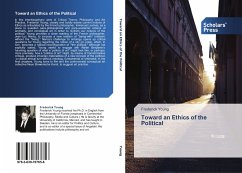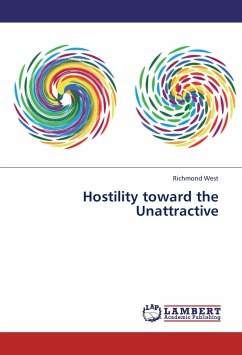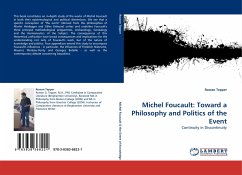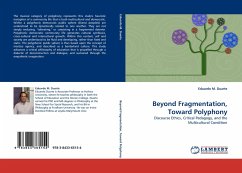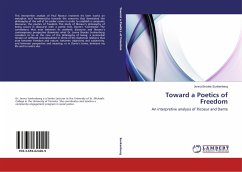In this interdisciplinary work of Critical Theory, Philosophy and Art Practice, Frederick Young, closely and boldly exams current notions of Ethics as articulated by the French philosopher, Immanuel Levinas, as a place to question para-philosophcial and para-academic notions of animality, and conceptual art in order to re-think our notions of the political. Young provides a close reading of the French philosopher, Jean-Luc Nancy, to ex-pose a new relation of "being-with" (mitsein) without the "being." Nancy's challenge to ontology opens up critical questions for Young regarding the notion of a city (or polis), which, in turn, becomes a radical reconfiguration of '"the political." Although not explicitly stated, Young seeks to engage with Walter Benjamin's haunting question of what a 'politics of art" might look like, or perhaps, more precisely, how a "politics of art" might, by means of transformative critique, produce inhuman materialities of a new concept of the political--a radical ethical turn without ontology, fundamental or otherwise. In the final chapters, Young turns to film and the controversial conceptual art collective Neue Slowenische Kunst, to suggest art practice.
Bitte wählen Sie Ihr Anliegen aus.
Rechnungen
Retourenschein anfordern
Bestellstatus
Storno

